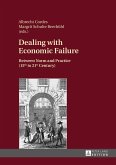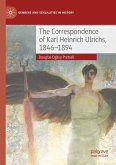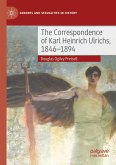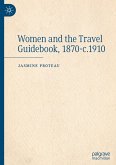This book is the first transnational history of rambling and mountaineering. Focussing on the critical turn-of-the-century era, it offers new insights into alpine development, attitudes to danger, cultures of time, internationalism and domesticity in the outdoors. It charts an emerging group of mass tourist activities, and argues that these thousands of walkers and climbers can only be understood within the context of the urban cultures from which most of them came. In doing so, it offers a fresh perspective on the relationship of alpinists and countryside enthusiasts to the modern world. Instead of an escape from or rejection of modernity, it finds that upland trampers and climbers contested what it meant to be modern, used those modern identities to make political claims on rural space and rural people, and sought to define what a more modern future society should be like.
"Cities, Mountains and Being Modern in fin-de-siècle England and Germany does much more than offer a detailed history of the development of mountaineering and rambling in Europe in the decades preceding the First World War, though it does this extremely well." (Simon Bainbridge, Victorian Studies, Vol. 65 (2), 2023)









